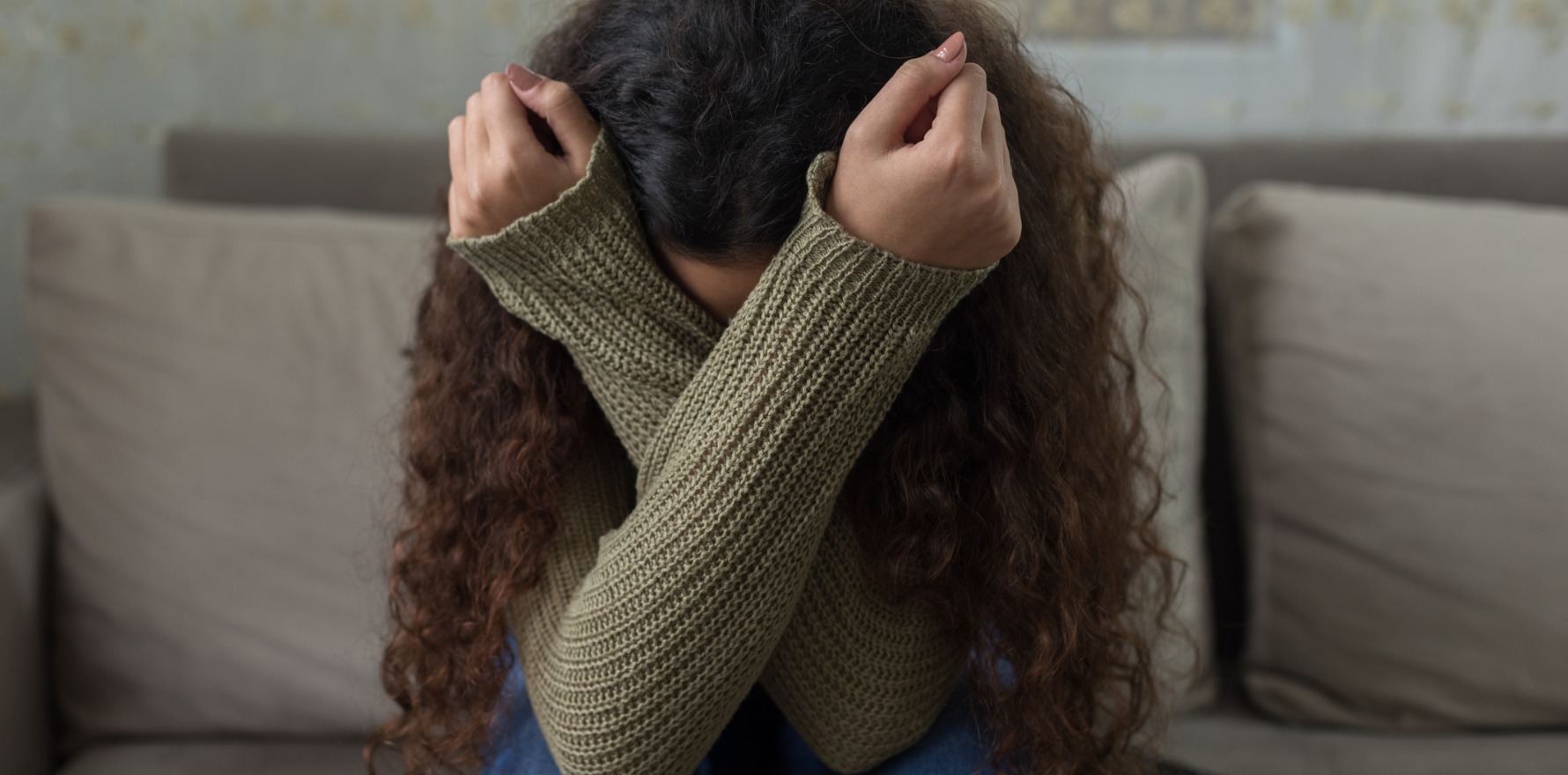Australian soldiers get gold-standard PTSD treatment, so why not victims of domestic violence?
Trauma-related conditions are often misdiagnosed, says psychiatrist Dr Karen Williams, who started Australia’s first women-only hospital for victims of domestic and sexual assults.
Dr Williams was driven to create the hospital after seeing glaring inequities in the distribution of health services between her military patients and civilians.
“I was offering a gold-standard treatment to my defence force patients with post traumatic stress disorder (PTSD) but was unable to offer anything at all for women traumatised by sexual assault or domestic violence. I just didn’t think that it was fair,” Dr Williams told The Medical Republic.
Speaking to our Tea Room podcast in September, Dr Williams shared advice for GPs working women who have experienced trauma and said that it may not be obvious, at first, what is going on for the patient.
Symptoms
“Most women are not aware they have PTSD and won’t tell anyone about the trauma that happened, or is still happening to them. Instead, they’ll present with PTSD symptoms including sleeplessness, unexplained pain or headaches that are unresponsive to treatment,” Dr Williams said.
Other symptoms could include depression or struggling to bond with their babies and the women get diagnosed with postnatal depression.
“It is very common that a woman will see a GP with somatic or bodily complaint, but very rarely do they say, “Hey, I think I’ve got PTSD from the things that happened to me in childhood”,” Dr William said.
Diagnosis roadblocks
Australia’s primary care funding model is a barrier. Dr Williams said GPs were financially disincentivised to diagnose PTSD from sexual or domestic violence because remuneration “just doesn’t exist” for these kinds of patients.
“You’re going to spend a lot of time with a patient and often with domestic violence, they’ll probably have very little access to money and may not be able to pay for a longer consultation,” she said.
Lack of clinical pathways for treating traumatised women is another significant barrier.
“It is incredibly hard to ask a GP to look for PTSD and manage PTSD in a woman who was traumatised. You don’t want to open up a Pandora’s box by asking women about their trauma and then not know what to do with that information. You can actually do damage if you don’t do it properly,” Dr Williams said.
Nonjudgemental care
Developing a safe environment where a woman can start talking about what’s happening or happened to them is critical, said Dr Williams.
“Establishing trust is a really is a really big deal. It takes a long time and they need to see that you’re someone who understands and believes what they’re saying,” she said.
As many women struggle to leave violent situations Dr Williams said it was important not to judge.
“It’s about being really careful and strong about the fact that the woman needs to leave. Saying to them, ‘Look, it will be really hard for you to leave, and you may not be able to do it for a while, but at least come back and talk to me about it. Even if it’s just so that I can start documenting what’s happening for you’,” she said.
Dr Williams said that a patient’s health records could be useful legal tools for domestic violence patients down the track.
Borderline personality disorder
BPD is a common misdiagnosis for women with PTSD who self-harm, Dr Williams said.
The treatment commonly involves admission to mixed ward psychiatric units and is usually unsuccessful. Women are locked into wards with “often very loud, scary-sounding” people who might be highly intoxicated or acutely psychotic, Dr Williams said.
“Women don’t do well in these situations” Dr Williams said. “Guidelines have been written on this saying treatment is not going to be helpful. But what do you expect when a traumatised women is locked in a ward with people that represent her perpetrators?”
Treatment
Dr Williams was cautious about the use of drug treatment and said she saw a lot of doctors making “a huge mistake by over-sedating these women”. GPs, she said, can actually worsen anxiety if they advise PTSD patients to “take a little bit of Valium” during the day if they feel anxious.
“It’s really dangerous. Someone with PTSD is always navigating an escape route in their mind – ‘How do I get out of this dangerous situation?’ – even if the danger was in the past. If they’re sedated, what their brain and body are saying is ‘You’re in danger’, but they sense that they can’t even run away because they’re so spaced out,” Dr Williams said.
The general exception Dr Williams makes is for sleep medication, as it was impossible to treat patients for PTSD if they weren’t sleeping. If a patient has sleeplessness Dr Williams recommends a sedating medication at night as long as the patient doesn’t feel sedated the next day.
“If they say, ‘I’m still tired at 11 or 12 o’clock the next day’, the dose is too high. We’ve got to drop it back,” she said.
Treatment doesn’t always require a psychiatrist. According to Dr Williams some patients can have their PTSD well managed by a psychologist or social worker that has really good trauma training. She encouraged GPs to find out who in their local community does trauma informed work with an understanding of PTSD and women.
Women-only hospital
Ramsay Clinic Thirroul is a 43-bed, trauma-informed mental health facility. It exclusively serves women through inpatient care and day programs.
“This is not about being sexist. This is about recognising the fact that the person most likely to traumatise a woman is an intimate partner. The male body, the male person is the biggest trigger. You can’t expect women to get better on mixed units. It just doesn’t work,” Dr Williams said.
After years of lobbying politicians and bureaucrats for a women’s trauma facility, Dr Williams finally got an appointment with the CEO of Ramsey Health Care.
“After I ranted for a good while she said ‘Well, how can we help you?’ I asked if I could just have a single ward somewhere to keep my women patients on. She turned around and said to me, ‘How about I give you a hospital instead?’”
Listen to the full interview on The Tea Room podcast:
For 24/7 counselling, information and referrals call 1800RESPECT.
Ramsey Clinic Thirroul can be contacted on (02) 4267 2811.





